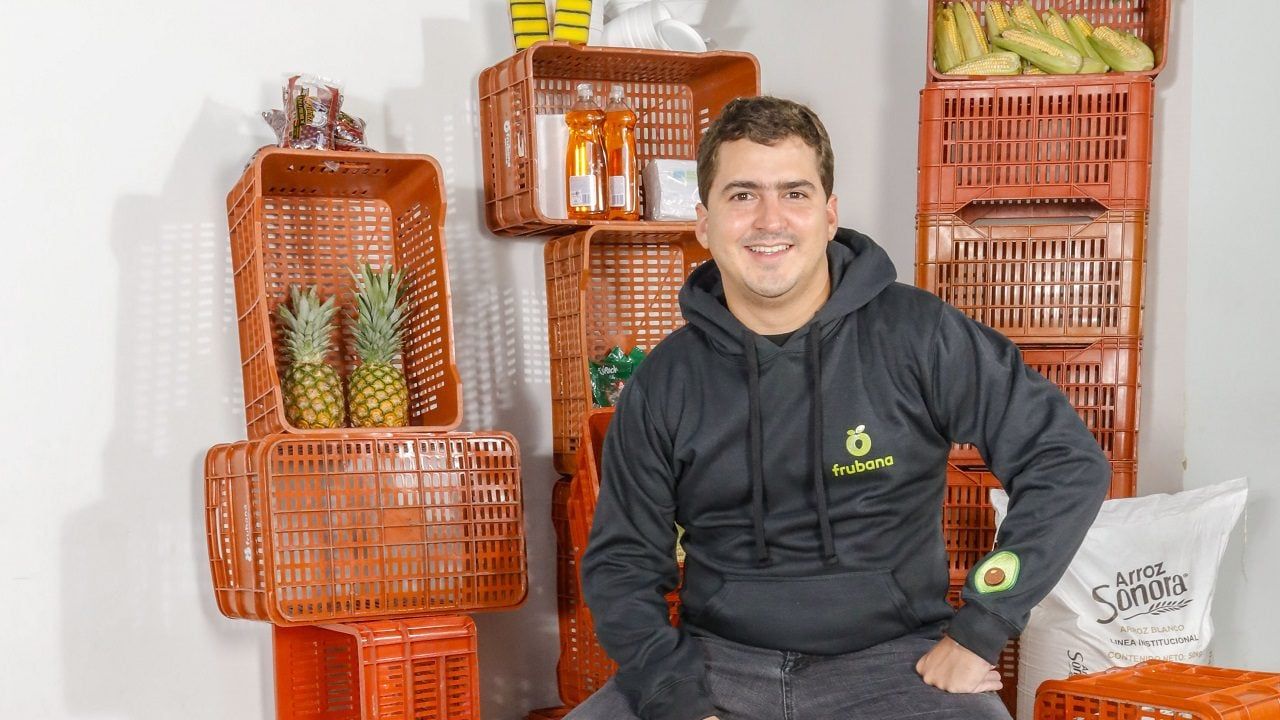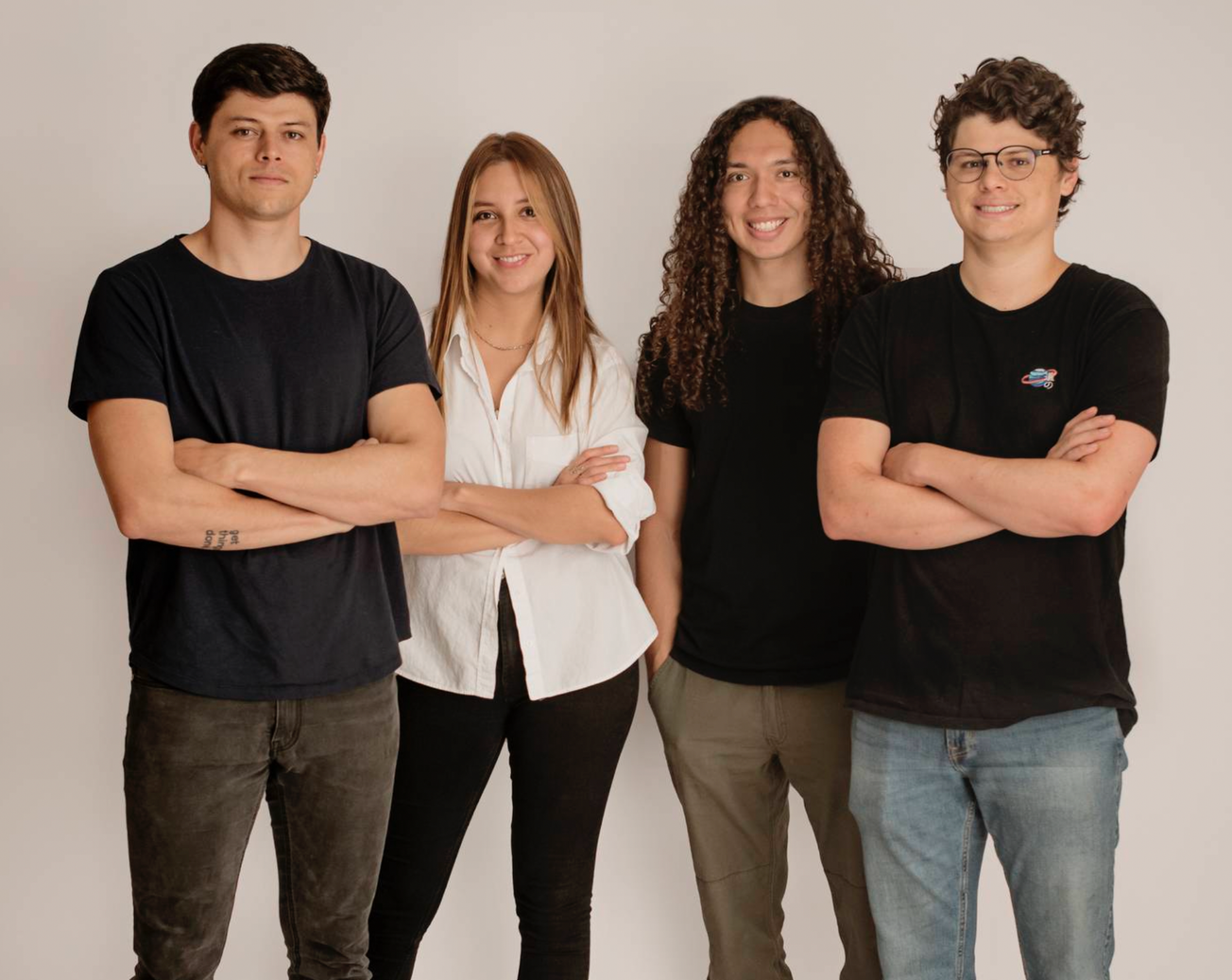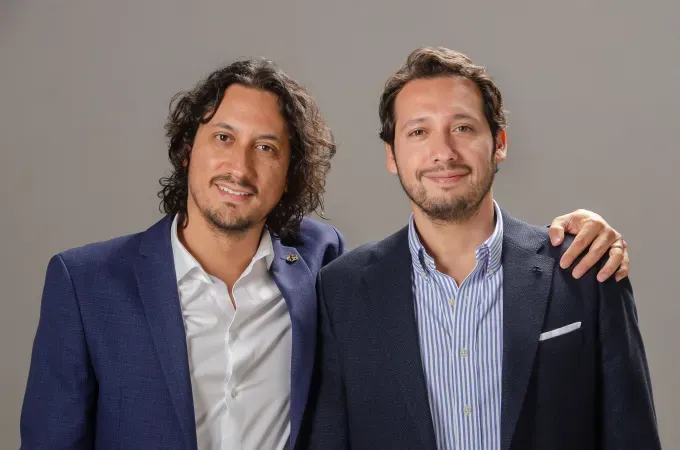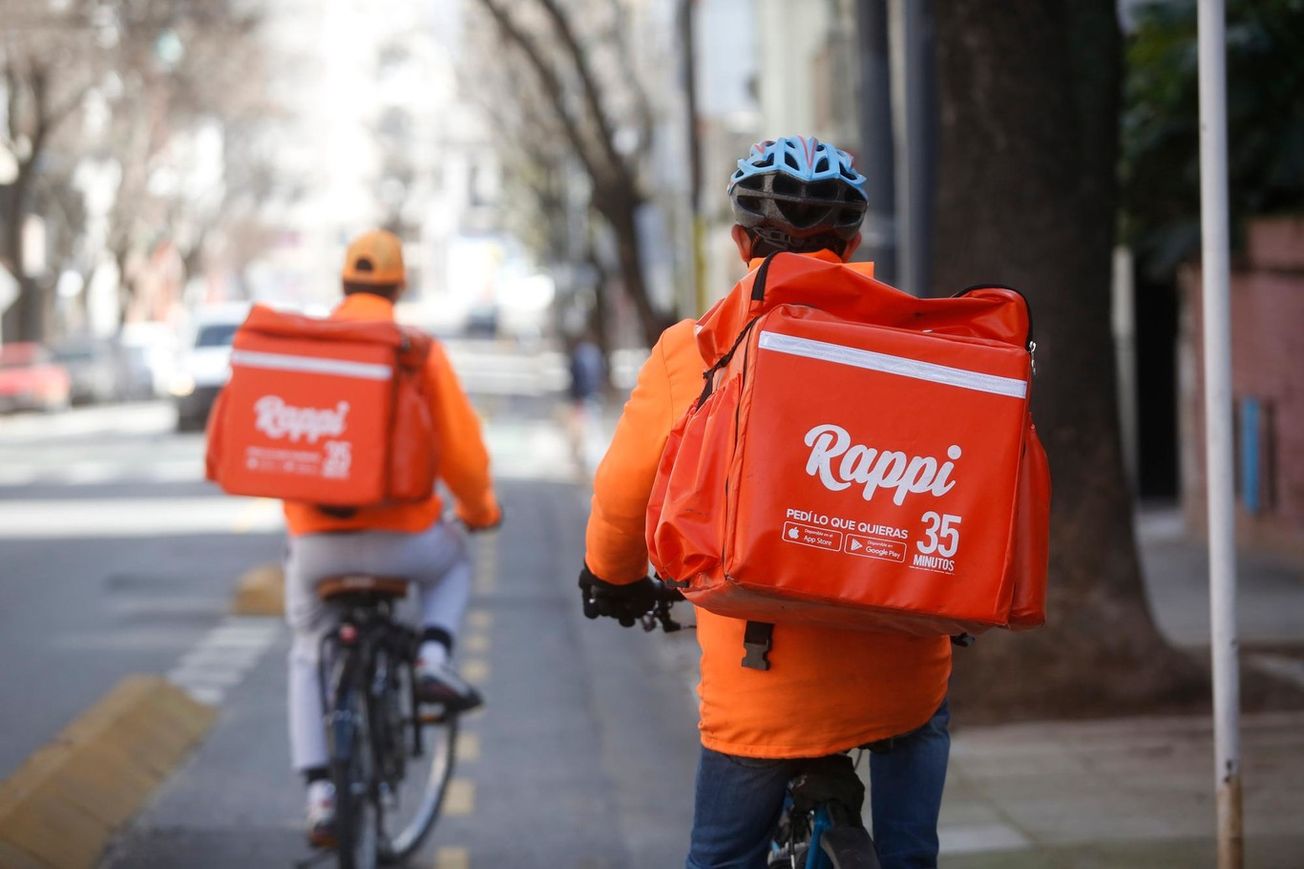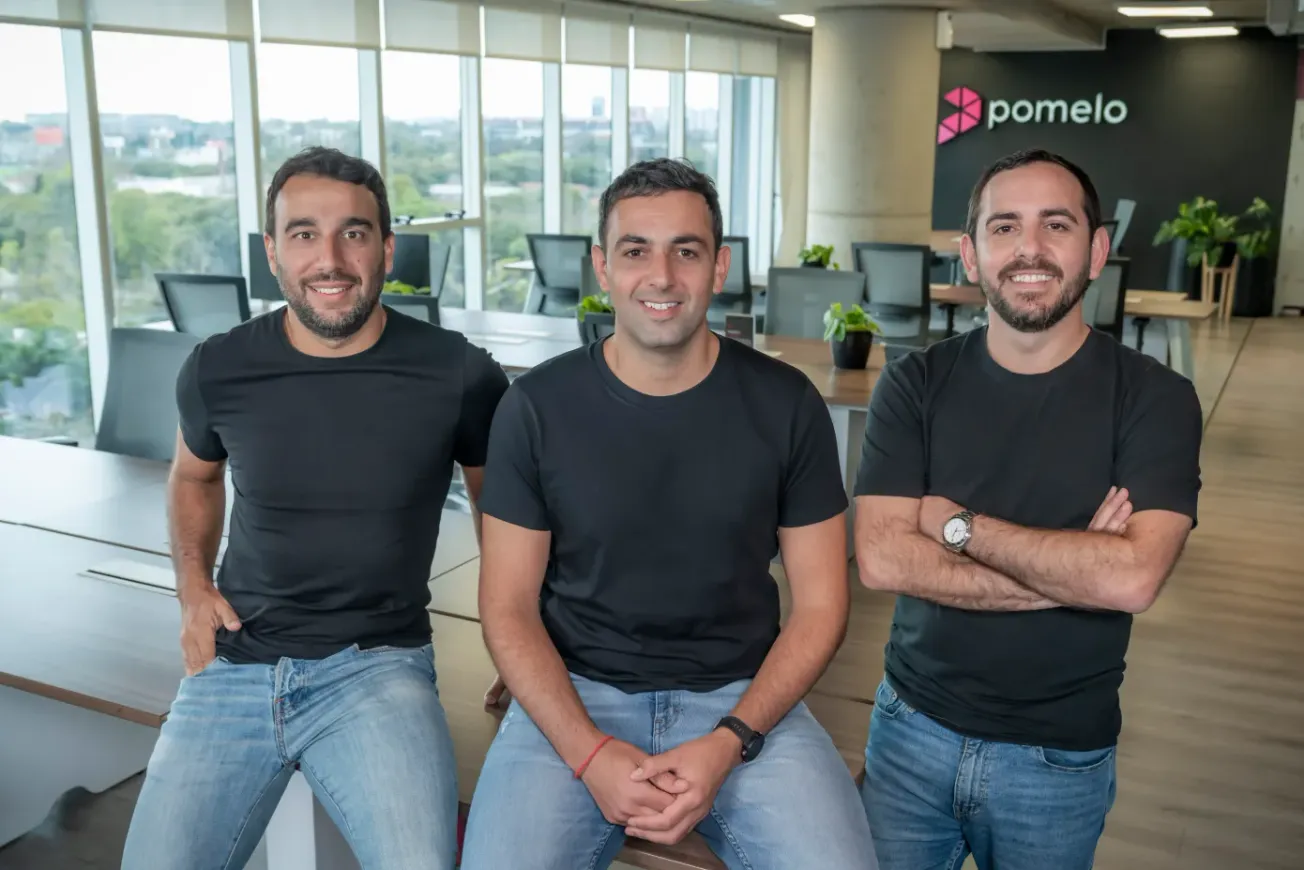📝 Overview
- 🖊️ Startup Name: Frubana
- 📍 Headquarters: Bogotá, Colombia
- 📅 Year Founded: 2018
🧍 Team
The founding team of Frubana includes Fabián Gomez Gutiérrez, the CEO, who has extensive experience in the technology and logistics industry. He is the former expansion leader at LatAm delivery unicorn Rappi and also happens to be the son of a mango, lime and papaya farmer. Other members of the team include Emiliano Arango, the CTO, and Lucia Bayly, head of Frubana Capital.
The team's strengths lie in their ability to leverage technology to optimize the food supply chain and provide high-quality service to their customers.
🔍 Problem
The unfair pricing dynamic in the food supply chain in Colombia, where multiple middlemen are involved between growers and restaurants. Growers often receive low prices for their produce, while the restaurants have to pay high prices for the same products. This dynamic has negative consequences for both parties, as growers struggle to make a living, and restaurants struggle to keep their prices competitive.

